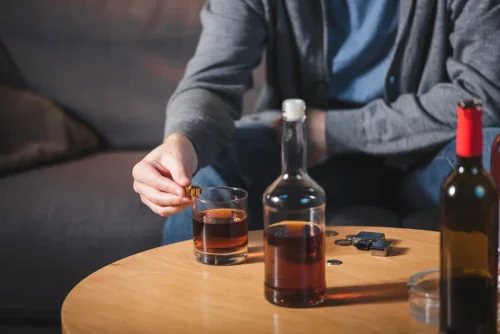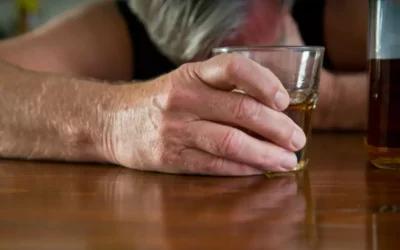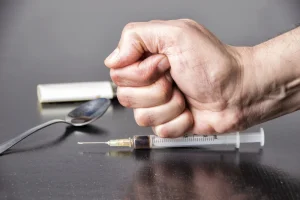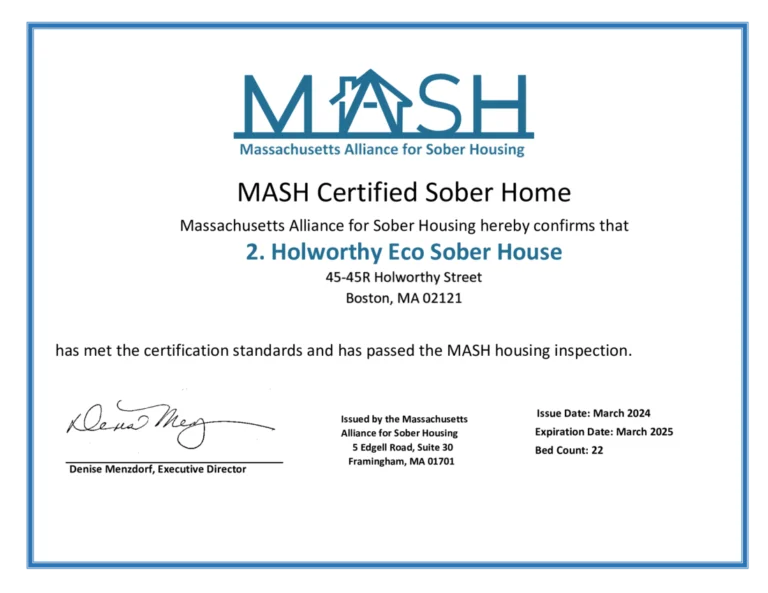
And he says correcting common misconceptions about the disease can be the first step towards improving the social support and medical treatment systems for those struggling with their addictions. These statistics demonstrate that recovery is not only possible but is a reality for millions of people who have overcome addiction. By dispelling the myth that most people don’t recover from addiction, we can provide hope and encouragement to those who are struggling, as well as their loved ones, and help foster a more accurate understanding of the recovery process. The belief that individuals can quit their addiction “cold turkey” without any professional help or treatment is both unrealistic and potentially dangerous.
Myth #6: Medication during detox and recovery is just switching one addiction for another.

To make this process easier, The Recovery Village offers some guidelines to help you find the right rehab. By using these guidelines, you can better identify programs that will promote and empower your lasting recovery. Some people would rather try to fight through their addiction on their own than seek treatment because they believe rehab is a waste of time. Misconceptions about addiction are prevalent in today’s society and contribute to stigma.
Myths and Misconceptions about Substance Use
And it is these things that my online Life Process Program for addiction addresses. Simply put, codependency is an unscientific theory that gained attention in the 1980s and unfortunately still dominates our society’s beliefs about families impacted by addiction. Loved ones sometimes develop unhelpful and unhealthy behaviors, but the idea that they have a codependency disorder is unscientific and harmful.

thoughts on “15 Common Misconceptions About Addiction”
Many people believe prescription drugs are safer than illicit drugs just because they are recommended by a doctor. In fact, prescription opioids are the most commonly abused prescription drugs. There has been a long and tortuous history in the development of our concepts of addiction based on changing political and social environments and on the legal status of the specific drugs themselves (see Appendix E).
- Polysubstance abuse appears to be particularly common among males, those who begin using drugs at an early age, and adolescents and young adults.
- The key to understanding addiction lies in recognizing the role of tolerance and dependence.
- Thus, Chapters 2, 3, 4, and 5 of the present report are intended to provide a broad description of the richness of research on addictive disorders.
- Avenues Recovery’s professional, highly skilled team have treated countless addicts and heard all the myths there are about addiction.
- At Gateway Foundation, we prefer to use the term “medically supervised withdrawal.” “Detox” implies that once the substance you are addicted to leaves your body, all will be well.
- Simply put, codependency is an unscientific theory that gained attention in the 1980s and unfortunately still dominates our society’s beliefs about families impacted by addiction.
- In fact, prescription opioids are the most commonly abused prescription drugs.
This myth ignores the complicated chemical changes that take place in an addict’s brain. But, they may also have gained a dependence on their drug of choice that makes it virtually impossible for them to give it up without help from a professional. Listed below are some of the most common myths still being circulated about drug addiction and those who struggle with it.
Wait Until You’re at the Bottom to Seek Treatment
Relapse, far from being a sign of failure, is often part and parcel of the recovery process. Think of it like learning to ride a bike – most of us fall a few times before we master the art of two-wheeled transportation. Recovery from addiction is a similar process of learning, adapting, and sometimes stumbling before finding steady footing.

By challenging this stereotype, we can better understand the complexities of addiction and support individuals in seeking the help they need to maintain or rebuild their lives. The belief that an individual can overcome addiction through sheer willpower alone is both simplistic and misguided. This myth perpetuates the notion that persons with an addiction are solely responsible for their addiction and that they simply need to “try harder” to recover. Armed with accurate information, we can better support those struggling with addiction and foster a more compassionate, informed society. So, let’s embark on a journey to challenge our preconceptions and deepen our understanding of this critical issue.
It’s just another way society blames people who are only trying to help get someone well. All these actions have been proven to motivate a person at risk to accept help. People with addiction have often become very disconnected from healthy activities and relationships. Helping them reconnect to these vital aspects of a healthy myths about addiction and recovery life can be pivotal in their wellness journey. Our peer coaches help teach concerned loved ones how to positively impact their unwell loved one while avoiding detachment and confrontation. If you think you or a loved one are at risk of a substance use disorder, have an honest conversation with a healthcare provider.
Myth 3: You have to hit rock bottom before seeking help
Substances are drugs, chemicals or medications that have addiction potential. A substance addiction is a chronic condition that causes you to seek out and use substances despite harmful consequences. Any type of drug can be addictive, including drugs prescribed by a doctor. In fact, many people slip into using more harmful substances because they first became addicted to a prescription drug.

These chapters identify specific barriers to progress and offer recommendations and suggestions for strategies that may lessen the impact of these barriers. Chapter 7 examines some of the resource infrastructure and funding levels for addiction research, particularly those available for new researchers. Chapter 8 describes how public perceptions influence education and public policies, and how these https://ecosoberhouse.com/ perceptions may inhibit improvement of the public’s understanding of addiction. One committee member, Dr. Satel, disagreed with this definition. Avenues Recovery’s professional, highly skilled team have treated countless addicts and heard all the myths there are about addiction. Read on to learn the baseless common misconceptions about addiction and to discover the real truths behind the rumors.